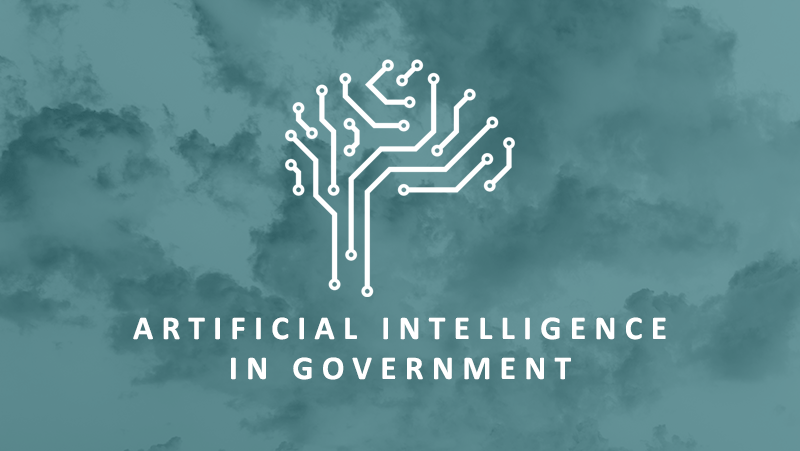Our Blog
Commentary from the Center for Data Innovation’s 4th Annual Data Innovation Day
Been to the Smithsonian Natural History Museum recently? Taking a page from Pokemon Go, the Smithsonian has enhanced its visitor experience with the help of augmented reality, allowing smartphone-toting customers to see what now-extinct creatures might have looked like.
Artificial intelligence (AI), like virtual reality, is expected to disrupt society more than ever before. While limited AI has existed for decades, present in controlled environments like video games, advancements in computational power enables us to do much more using real, historic data.
As Greg Corrado from Google pointed out at the Center for Data Innovation’s 4th Annual Data Innovation Day on October 19th, AI is already powering our search capabilities and assisting with automated replies. Companies like StitchFix and x.ai are using AI to help your personal stylist find your perfect outfit or to take the frustration out of setting up a simple meeting for coffee.
Mr. Corrado was one of several experts from the public, private, and academic sectors to discuss the application of AI and automation in society and in government, and how public policy can affect this development. For example, researchers at Johns Hopkins University’s Applied Physics Laboratory are prototyping robots with limited autonomy to work in unpredictable environments, such as chemical spills, and developing simulations that better mirror the uncertainty of warzones.
Federal agencies, like the Federal Trade Commission, are asking themselves how AI and automation will affect their mission and processes. Current developments in AI demonstrate that this technology can help government work better, but experts at the event pointed out several points of consideration:
- Do we have the resources, skills, and historic data? Machine learning and AI require sophisticated tools, the ability to make sense of data and develop algorithms, as well as a health dose of ingenuity.
- Does it add value? AI has the potential to augment agency processes, but it may not be mature enough to be worth the investment at this time.
- Does bias exist in the data or tool, and can this bias be eliminated? Numerous studies have demonstrated that bias can exist in the data, and the AI may adopt these biases inadvertently through the learning process. Think about social media data for crisis information- as Fernando Diaz from Microsoft pointed out, there may be unequal representation from the more affluent socioeconomic groups.
- How explainable must the algorithm be? Even AI experts may not be able to understand the black box of the algorithm, which can be challenging when addressing FOIA requests.
- Is it consistent with human values, ethics, and laws? Users expect some level of privacy and for organizations (especially government) to do the right thing from the beginning, in accordance with the new norms of the 21st century.
Here at Vergys we continuously probe the landscape for opportunities for government to work better. To this end, we believe this growing focus on data and automation will help our clients achieve their organization’s mission more efficiently and effectively, as long as the aforementioned considerations, along with the larger policy implications, are taken into account. The Vergys team is experienced at connecting the dots between the future and the present, guiding C-suite federal executives to navigate through uncertainty.
Selected Readings
- National Science and Technology Council Committee on Technology: Preparing for the Future of Artificial Intelligence
- Federal Trade Commision: Big Data: A Tool for Inclusion or Exclusion?
- The Center for Data Innovation: The Promise of Artificial Intelligence
Thomas Grogan is a Senior Associate who helps clients connect the dots using data. He has helped start companies, advised governments, and is interested in emerging technologies and disruption.
Greg Reger is a Senior Associate who connects the dots between data, processes, and people to enhance public services. He has dedicated his career to make government work better.
Artificial Intelligence icon by Evan MacDonald from Noun Project


